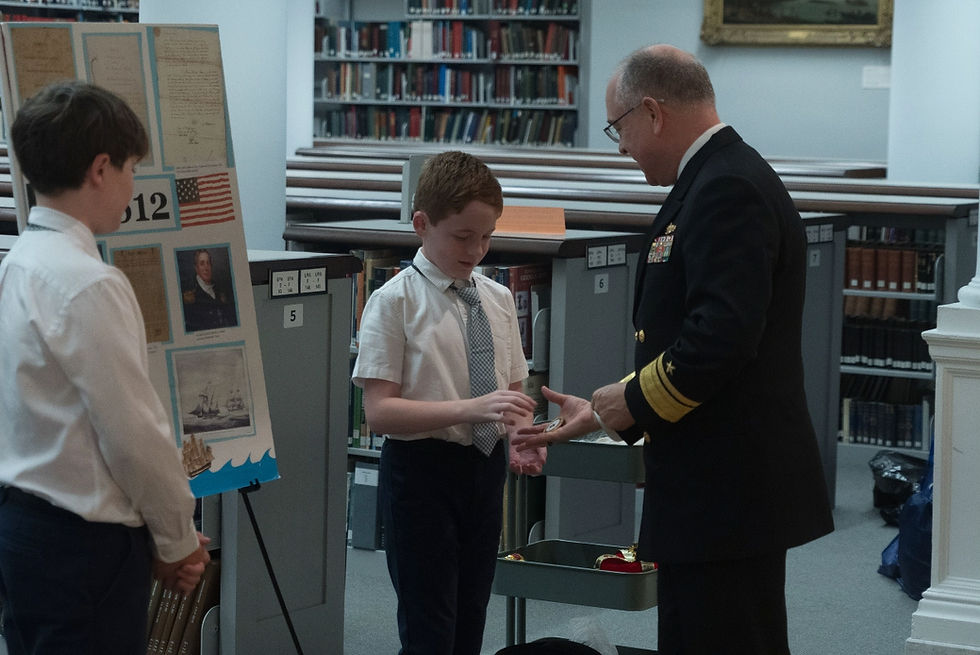Connecting Collections: Women's Rights Through Women's History
- Mar 26, 2024
- 2 min read
Updated: Mar 27, 2024
By Alice Creed
“Someone has to tell the truth, and right now it seems like we’re two of the all too few who are doing it.” In an interview about her 1976 “Feminist History Tours”, Cynthia Little, or “Cindy” summed up who she is: a truth teller. Cindy has lived her life dedicated to telling the real stories of the past. Cindy’s collection of papers, brochures, notes, and photographs details her professional life, with a focus on her decades in Philadelphia. The collection defines Cindy’s career as an activist and advocate for women. Cindy’s work as a tour guide, an abortion advocate, and as a public historian illustrate her dedication to telling the full story and empowering people by sharing marginalized stories.

Since the beginning of her career, Cindy has told women’s stories. In 1973, Cindy began “Feminist History Tours”, which gave voice to voiceless women in Philadelphia history. Cindy and fellow PhD student Barbara Klaczynska created the tour amidst a distinct lack of women’s historical representation (image right). In 1976, they became the “official tour group” of the Philadelphia Bicentennial Women’s Center. In the collection, you can find the tour’s brochures, pamphlets, and notes. Cindy remarked that women who took the tour “were grateful to know that women had this interesting past, it made them feel relieved and empowered.”

Cindy has used her background as a historian in her abortion advocacy work. In the 1970s, she served as the executive director of the National Abortion Advocacy League (NARAL) in Chicago. Cindy used her unique perspective as a historian in the fight for abortion rights. When speaking about abortion access during her work with NARAL, Cindy contextualized abortion from a historical perspective. She said this historical viewpoint helped people to expand their mindset around abortion and normalized the issue of abortion as healthcare.
Cindy used her passion for historical advocacy to help found Women’s History Month. Cindy and 50 other participants at the Women’s History Institute at Sara-Lawrence developed the idea of women’s history week for women to learn their history and feel empowered by the past. By March 1980, women’s history month was a nationally recognized celebration of women’s contributions to history.

In 1987, Cindy organized a large scale women’s history week event at the Bourse in Philadelphia (image above). Cindy says that Women’s History Month is important because, “When you don’t have a history, every time you do something it’s as if you’re reinventing the wheel.” Cindy believes that knowing women’s history makes it easier for women to stand up for themselves and speak out on controversial issues because they know they are not the first to do so.
Public historians are essential to the quest to uncover untold stories, and Cindy Little has remained committed to upholding this mission. Visit the Historical Society of Pennsylvania to discover Cindy’s collection and learn more about women’s history, Philadelphia tourism, and the importance of a career in public history.



Comments